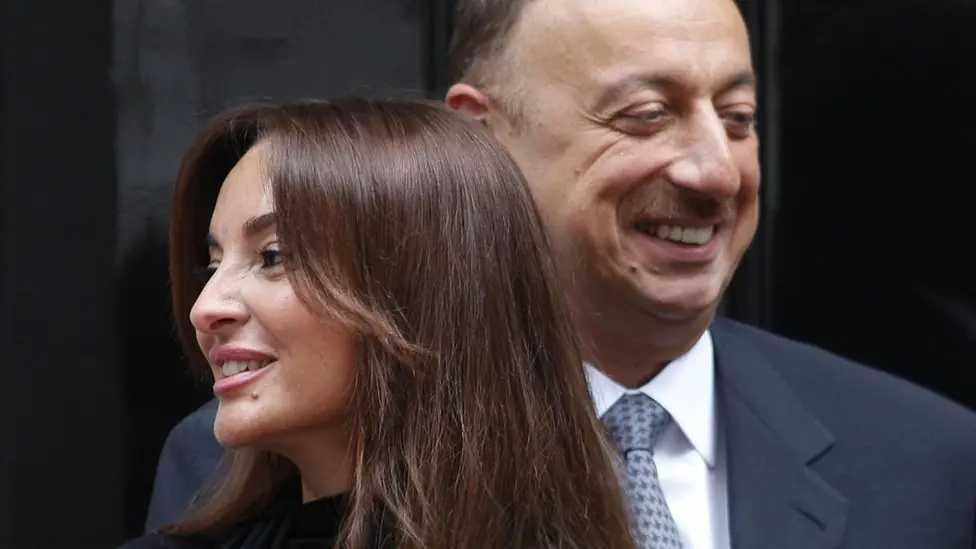Хьоме дешархо (Dear Reader),
Much has already been said about the likely closure of RFE/RL and the consequences it will have for the region. However, there is one crucial aspect that I believe deserves more attention: RFE/RL’s decolonial impact.
I have been passionate about the languages of the Caucasus for years, and happen to have been studying Chechen since 2009.
Chechen is a complex language and it isn’t similar to any other language that I know. Each noun belongs to one of six genders, which are mostly unpredictable. Its declension system is so irregular that the forms of each noun and verb must essentially be learnt individually. With between 40 and 60 consonants and over 40 vowels, the language’s phonetic richness is tongue-twisting — but the Cyrillic alphabet, imposed by Russian colonisers, fails to reflect this diversity. Learners are usually left unsure of how to pronounce the words they’re studying.
The legacy of Russian colonisation has left indigenous languages like Chechen crippled. Russia’s suppression of these languages meant that, by the 21st century, the indigenous peoples of Russia were left with weak literary traditions and falling literacy rates in their own tongues. Most Chechens couldn’t write or spell Chechen correctly, and their spoken language had been deeply influenced by Russian — from loanwords to Russian-style sentence structures. And Chechen still remained one of the stronger indigenous languages in Russia — many others had become endangered.
When I was learning Chechen, the written language was so scarce that RFE/RL’s Chechen-language service, Radio Marsho, became my primary (and often only) source of reading practice. My teacher used to joke that even he sometimes struggled to understand Radio Marsho’s language. Their editorial policy was to prioritise pure Chechen constructions and vocabulary. Much of the vocabulary had to be either invented or repurposed from older times — words to describe modern concepts such as international politics, commerce, or scientific developments didn’t exist in Chechen. But RFE/RL’s commitment to creating a standard for literary Chechen, and its policy of linguistic decolonisation, played a pivotal role in developing contemporary Chechen, Avar, East Circassian, and even Tatar and Bashkir in Russia, as well as many other languages in Eastern Europe and Asia.
As a language nerd, I could see this commitment to linguistic empowerment throughout — in their vocabulary, spelling conventions, and terminology choices. It was the only platform that gave a voice to the peoples of the North Caucasus in their own languages, while the editorial standard of their more mainstream reporting in Georgian, Azerbaijani, or Armenian became a model that all local media aspired to.
The current security situation in Russia has spiralled out of control, and while we no longer have staff on the ground, we did in the past. And those who had worked with RFE/RL’s editors were often the most well-trained journalists in a region where journalism had little chance to develop organically, stifled by genocide, war, Russification, cultural erasure, lack of education, and extreme state control.
I will always look back with gratitude at the times when I printed out Radio Marsho’s articles and sat, trying to untangle the linguistic labyrinths of Ramzan Kadyrov’s Chechen rants. If RFE/RL shuts down, the blow won’t just be to the freedom of information in the Caucasus or to journalistic standards — it will be a devastating loss for indigenous communities who have long struggled to reclaim their voice in their ancestors’ tongues.
Ларамца (Sincerely),






